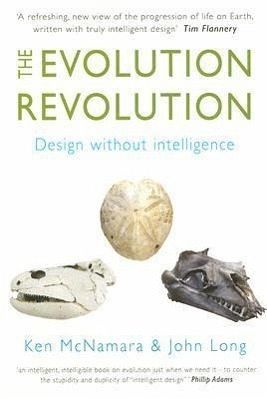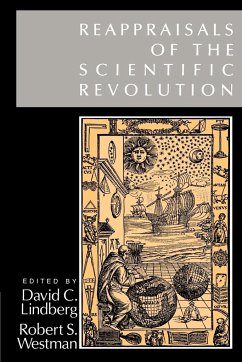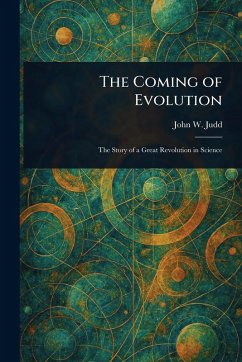
The Evolution Revolution
Design Without Intelligence
Illustrator: Mcnamara

PAYBACK Punkte
13 °P sammeln!
3.8 billion years ago life evolved. 540 million years ago came the first complex animals. 380 million years ago fish had evolved fins with arm bones that humans have today. So are humans a case study for or against evolution? ""The Evolution Revolution"" takes you on a rollicking ride through the past 3.8 billion years of life on Earth exploring the complex and often controversial issue of evolution. Join two of Australia's most accomplished popular science writers, palaeontologists Ken McNamara and John Long, on field trips that unearth some of the world's most significant fossils, from micro...
3.8 billion years ago life evolved. 540 million years ago came the first complex animals. 380 million years ago fish had evolved fins with arm bones that humans have today. So are humans a case study for or against evolution? ""The Evolution Revolution"" takes you on a rollicking ride through the past 3.8 billion years of life on Earth exploring the complex and often controversial issue of evolution. Join two of Australia's most accomplished popular science writers, palaeontologists Ken McNamara and John Long, on field trips that unearth some of the world's most significant fossils, from microbes to mighty mammals, including the feathered dinosaurs that make the link between reptiles and birds. The authors take us through the dramatic transition from fins to limbs, how the first insects flew, why dinosaurs got so big and how life has evolved into nearly every nook and cranny on Earth. The major fossil discoveries of the past decade they have documented comprehensively debunk the notion of intelligent design. Like it or not, along with dinosaurs, donkeys and dahlias we too came from bacteria that swam in the primordial soup. Impeccably researched, remarkably readable and punctuated with good humour, ""The Evolution Revolution"" puts a human face on the enterprise of palaeontology. It is essential reading for anyone interested in fossils and the big events in life history.














